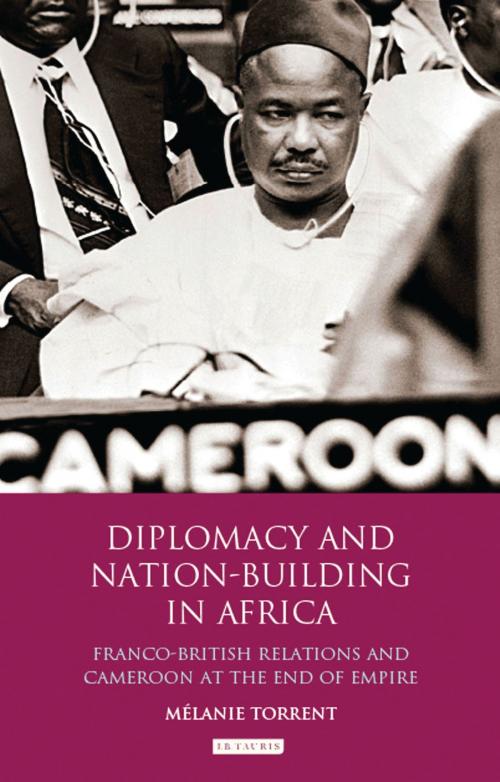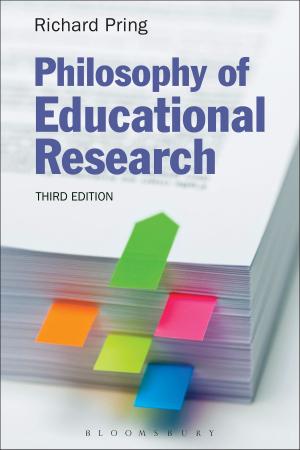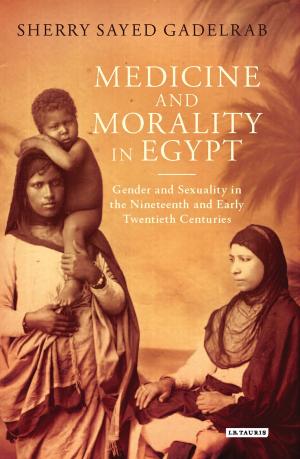Diplomacy and Nation-Building in Africa
Franco-British relations and Cameroon at the End of Empire
Nonfiction, History, Africa, Social & Cultural Studies, Political Science, International, International Relations| Author: | Mélanie Torrent | ISBN: | 9780857732354 |
| Publisher: | Bloomsbury Publishing | Publication: | April 11, 2012 |
| Imprint: | I.B. Tauris | Language: | English |
| Author: | Mélanie Torrent |
| ISBN: | 9780857732354 |
| Publisher: | Bloomsbury Publishing |
| Publication: | April 11, 2012 |
| Imprint: | I.B. Tauris |
| Language: | English |
Cameroon stands as a remarkable example of nation-building in the aftermath of European domination. Historically divided between the French and British empires, the country experienced a remarkable drive to self-determination in 1961, culminating in both the re-unification of two of its divided territories and independence from European power. Focusing on the complex relations between Cameroon, France and Britain, within the broader framework of international, regional and continental diplomacy, Mélanie Torrent provides a fresh insight into new forms of multilateralism in the era of decolonisation. This valuable contribution to the study of West African post-colonialism unpicks the political pressures behind a nation's independence and investigates the importance of the Commonwealth of Nations and the emerging Agence de Coopération Culturelle et Technique in African decolonisation. Demonstrating the role of these organisations as both major instruments for national unity after independence and challenges to the political balance in reunified Cameroon, Torrent charts both the place of Cameroon in Franco-British relations and Cameroon's use of bilateral and multilateral diplomacy in asserting its independence.
Examining official documents and newspaper archives in Britain, France, Cameroon and Canada, Torrent compares the British and French political models of relations with former colonies. She demonstrates how Franco-British relations in African affairs in the era of decolonisation influenced the processes of nation-building in Cameroon. She also considers how the Commonwealth and Francophone worlds were used by Cameroon's political actors in the struggle for national and international legitimacy and explores the influence of identity conflicts and consensus in West African foreign policy. This book also moves beyond the field of Cameroonian affairs, examining the impact of the colonial era in the wider framework of post-independence diplomacy and international relations. This important new work will appeal to students of African studies, International Relations and the post-colonial world.
Cameroon stands as a remarkable example of nation-building in the aftermath of European domination. Historically divided between the French and British empires, the country experienced a remarkable drive to self-determination in 1961, culminating in both the re-unification of two of its divided territories and independence from European power. Focusing on the complex relations between Cameroon, France and Britain, within the broader framework of international, regional and continental diplomacy, Mélanie Torrent provides a fresh insight into new forms of multilateralism in the era of decolonisation. This valuable contribution to the study of West African post-colonialism unpicks the political pressures behind a nation's independence and investigates the importance of the Commonwealth of Nations and the emerging Agence de Coopération Culturelle et Technique in African decolonisation. Demonstrating the role of these organisations as both major instruments for national unity after independence and challenges to the political balance in reunified Cameroon, Torrent charts both the place of Cameroon in Franco-British relations and Cameroon's use of bilateral and multilateral diplomacy in asserting its independence.
Examining official documents and newspaper archives in Britain, France, Cameroon and Canada, Torrent compares the British and French political models of relations with former colonies. She demonstrates how Franco-British relations in African affairs in the era of decolonisation influenced the processes of nation-building in Cameroon. She also considers how the Commonwealth and Francophone worlds were used by Cameroon's political actors in the struggle for national and international legitimacy and explores the influence of identity conflicts and consensus in West African foreign policy. This book also moves beyond the field of Cameroonian affairs, examining the impact of the colonial era in the wider framework of post-independence diplomacy and international relations. This important new work will appeal to students of African studies, International Relations and the post-colonial world.















